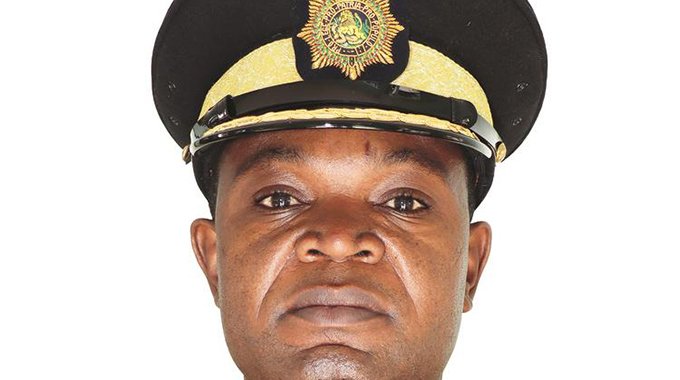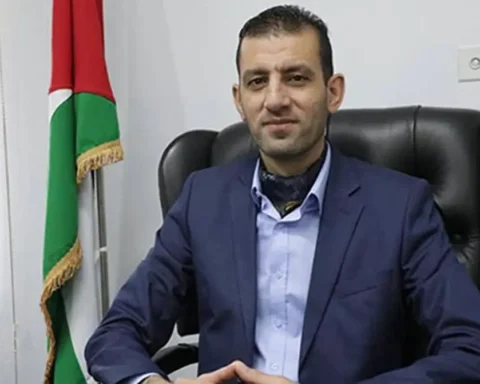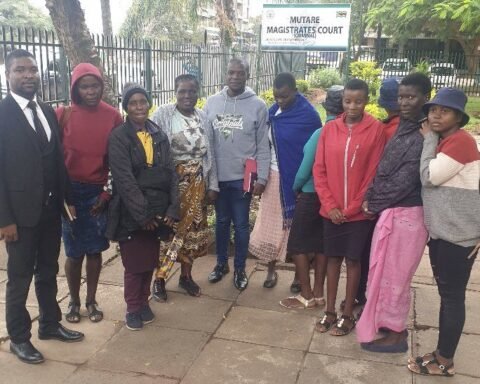A COUPLE of weeks ago, war veterans’ leader, Christopher Mutsvangwa said President Robert Mugabe was at his astute best in the 1980s and made the best decisions any country could ask for.
Candour: NQABA MATSHAZI

NQABA MATSHAZI
Closely linked to this, MDC-T leader, Morgan Tsvangirai has repeatedly called on Mugabe to leave now to salvage his legacy or, at least, what is left of it.
There is a consensus that Mugabe was at his best in the 1980s and somehow lost his way, particularly after 2000, which is revisionism of the worst kind.
For me, this is where Zimbabwe’s problem lies, our understanding and diagnosis of the Zimbabwe problem is ahistorical and lacks context, as we have a somewhat jaundiced view of the country’s history, particularly what we see as the golden age of 1980 to 1990.
A Nigerian saying says a man who cannot tell where the rain began to beat him cannot know where he dried his body, with iconic writer, Chinhua Achebe underscoring this by saying there is need to know where the rain began to beat us.
In a nutshell, what this means is that it is important to get the genesis of a problem if you are to proffer a solution.
Because of the lack of interrogation of our post-independence history, I believe we are misdiagnosing it and applying the wrong ointment, and ultimately the rot continues.
For instance, one of the issues that Mugabe is accused of is vote-rigging and electoral violence, and there is need to interrogate voting patterns since 1980 and question this so-called astuteness.
Zimbabwe’s first elections were mired in violence, prompting Zapu to seek out the governor of the then Rhodesia, Christopher Soames, who promised to postpone elections where Zanu was accused of violence.
Probably because Britain was too eager to get out of Zimbabwe, Soames did not make good on his promise to postpone elections in the hotspots and from there, a pattern of electoral violence and impunity began.
The 1985 elections followed a similar pattern, witnessing probably the worst electoral violence this country has ever seen.
Back to the 1980 elections, Mugabe was in Tanzania when the votes were being counted and pronounced that Zanu would get 56 seats to win the polls, he was off by one, they got 57.
Imagine the hue and cry if this was to happen today, this would be seen as a sure sign of rigging, add the electoral violence and the story will be complete.
The reason I am highlighting this is to question Mugabe’s legacy and this so-called astuteness and show that the President, like a leopard, has not changed his spots and those who say he is a bad leader now, should not be looking at the 1980s with rose-tinted glasses.
Another accusation that Mugabe faces today is that of corruption and patronage, but this has been a hallmark of his legacy since 1980.
The infamous Willowgate scandal comes to mind, where he allowed corruption to go unchecked.
He did not start turning a blind eye to corruption today and this history is important to understanding his actions in present-day Zimbabwe.
For example, Frederick Shava was accused of corruptly benefiting from the buying and selling of cars. Instead of being fired, he finds himself with a cushy job as an ambassador at the United Nations.
How different is this from Francis Gudyanga, who today is accused of corruptly running a one-man show at the Minerals and Marketing Corporation of Zimbabwe?
Parliament has called for his axing, but what does Mugabe do? He moves him to the Higher and Tertiary Education ministry, in spite of all his very obvious baggage.
We can even discuss impunity, where the late Edgar Tekere was accused of killing a white farmer, but hardly saw the inside of jail and the same goes for national hero, Elias Kanengoni and the late Kizito Chivamba, who were convicted for the attempted murder of Patrick Kombayi, in yet another case of brazen electoral violence.
The point I am trying to bring out is that I do not understand why we have two views of Mugabe — one of the 1980s and one post-2000 — because I insist that the man has not changed at all.
When we talk of Mugabe preserving his legacy, then we are preserving the corruption, the nepotism, the impunity and the electoral violence.
I know others will point to his spending on social services and education, but this needs a column of its own, as the result of that policy was the Economic Structural Adjustment Programme (Esap).
A common lie is that Esap was imposed on Zimbabwe, but the reality is Zimbabwe overborrowed and could not pay back, resulting in the country approaching the International Monetary Fund to structure its debt and eventually leading to the structural adjustment programme.
Then, in the 1980s, as he still does now, Mugabe overspent mainly for populist purposes and, as a result, the economy suffered.
It is important to know where the rain beat us first, to understand our history and know why we are in this scenario.
Mugabe got away with excesses in the 1980s and was confident he could do so again at the turn of the millennium.
There are many examples that I can bring about that point to the fact that Mugabe has not changed and he is the same man he was in the 1980s.
Thus, I find hard to reconcile myself with Mutsvangwa’s statements that in the 1980s, the President made “the most astute decisions, which any country could ever make”, because I believe this is revisionism of the worst kind and does not tell the full story of Zimbabwe.
There are people that will point to his liberation war history, which I cannot begrudge the President, but I feel that is half the story.
I believe the wheels came off in 1980 and Zimbabwe has been suffering a slow puncture since.
Feedback: nmatshazi@southerneye.co.zw








